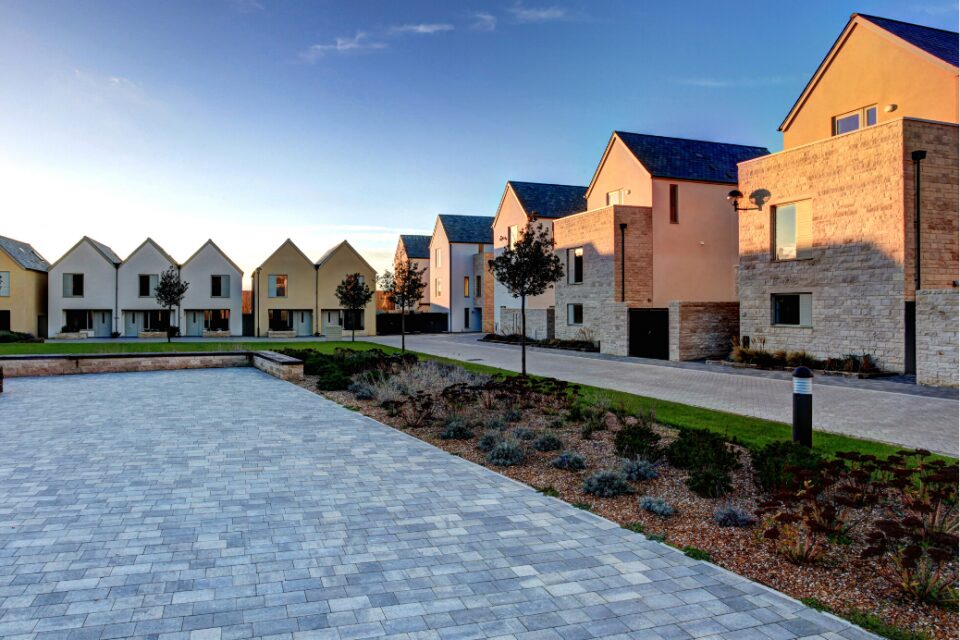In part two of our interview with Bob Beattie we find out what the future has in store for air source heat pumps and what the most common misconceptions are when it comes to this form of heating. In case you missed it, you can read the first part of the interview here.
Do you have a preferred air source heat pump brand that you like fitting? If yes, what do you like about them over other brands?
I have been in the renewable market for a long time – before they even called them renewables. I have seen the systems evolve over the years and get more sophisticated, efficient and easier to use.
During this time I have spent serious time with Carrier, Daikin, Mitsubishi and LG at a senior level, and instructed in the ‘art’ of heat pump design and installation over the years, starting with Carrier, who were the world leader for a long time. I have also visited the main manufacturing plants of these companies.
The one thing you pick up from these visits is the major effort that goes into quality control and testing of each and every part. Warranty paperwork is extremely important to them. They trace every part back to its origin and take the supplier to task. It is also good to see the new products being developed and in testing stage.
Currently, I have used LG products for the last 15 years but do not denigrate other products. At a point in time, any one of them can be ahead of the others. I judge products on failure rates, response times, features (useful ones), warranty and controls. Feedback from installers is also very important.
I like LG because the controls are more user compatible and engineer orientated. They are also (what I call) backward compatible. Many current parts will work with older product, within reason. LG have very intuitive diagnostic software for engineers and a variety of wireless controls for most of their products that can be read from a smart phone. Handy for the end user.
All LG outdoor units come with anti-corrosion treatment on the outdoor coils. This prolongs the life of the system.
The remotes on the ASHP have the facility to take SD cards so engineers can programme settings and take the card away. On return to site they can, if required, enter the card and reset the design settings after ‘finger walking’ by the client. A time saver!
LG are currently working on the reduction of sound levels on their domestic units and making them physically smaller. They already have the facility to reduce sound levels throughout the night, from the remote.
What do you think is the biggest misconception about air source heat pumps
The biggest misconception is that they do not work or are inefficient below 0C. This is, of course, baloney. I have the ratings for all our products and when I see these comments, I immediately check out the data and counter these arguments.
I feel that there is a level of vested interest out there attacking the heat pump concept. I see it every day, quite often from people who should know better. The sad fact is that these people are often working in an office, retailing, banking and eating in buildings heated by heat pumps.
The units manufactured are actually well tested, not batch tested, before leaving the factory, both electronically and refrigerant wise.
With money being no object, what would you consider to be best renewable heating solution for a home in the UK?
Repeating my earlier comments, a heat pump, with solar PV and storage. The chances of the majority being able to afford that is virtually nil.
The HMG and various quangos centred round our energy planning future (I have experienced a few during my long career) need to grasp the fact that there is not a single solution to this, but a multiple of integrated solutions. The public need strong financial assistance that is more openminded than the two Green Deals.
Domestic terraced housing is also not a barrier to heat pumps with published data proving their worth.
In your opinion, what are the biggest challenges facing the renewable heating industry in the UK?
Apathy and rhetoric.
What do you think the future holds for the heat pump industry as a whole?
The quangos need to realise that heat pump production is not the restricting factor nor is it the supposed shortage of engineers. We have commercial installers that need to be encouraged to work in the domestic market. That takes volume. We also need to encourage and train the superb heating engineers we do have to use heat pumps as a first option and ‘hold their hands’ through the learning process.
The manufacturers need a forecasted demand, and they will up production quickly to meet UK demands. The emphasis is on forecasts. Heat pumps have thrived since the early ’80s and continue to grow year on year.
We need to get all new building sites committed to using renewables now, not in 5 or 10 years, as we have proven technology is in place now.
Make it mandatory that all builders and developers offer renewables on their website and sales leaflets, and that all plans put in front of LAs have renewables at the forefront of any development. If not, planning is automatically refused. No appeal to HMG.
All builders should be required to offer renewable options and increased insulation as part of their works. It happens commercially.


